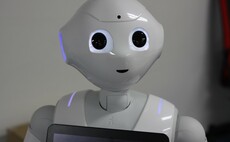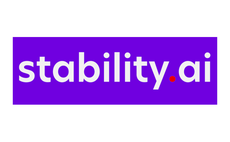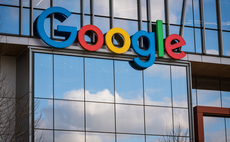We'll connect them directly to our brains to become 'funnier, better at music and sexier', claims Kurzweil
Ray Kurzweil, the speech recognition pioneer and now director of engineering at Google, has suggested that it will take just 12 years for computers to become as intelligent as human beings. Kurz...
To continue reading this article...
Join Computing
- Unlimited access to real-time news, analysis and opinion from the technology industry
- Receive important and breaking news in our daily newsletter
- Be the first to hear about our events and awards programmes
- Join live member only interviews with IT leaders at the ‘IT Lounge’; your chance to ask your burning tech questions and have them answered
- Access to the Computing Delta hub providing market intelligence and research
- Receive our members-only newsletter with exclusive opinion pieces from senior IT Leaders




















